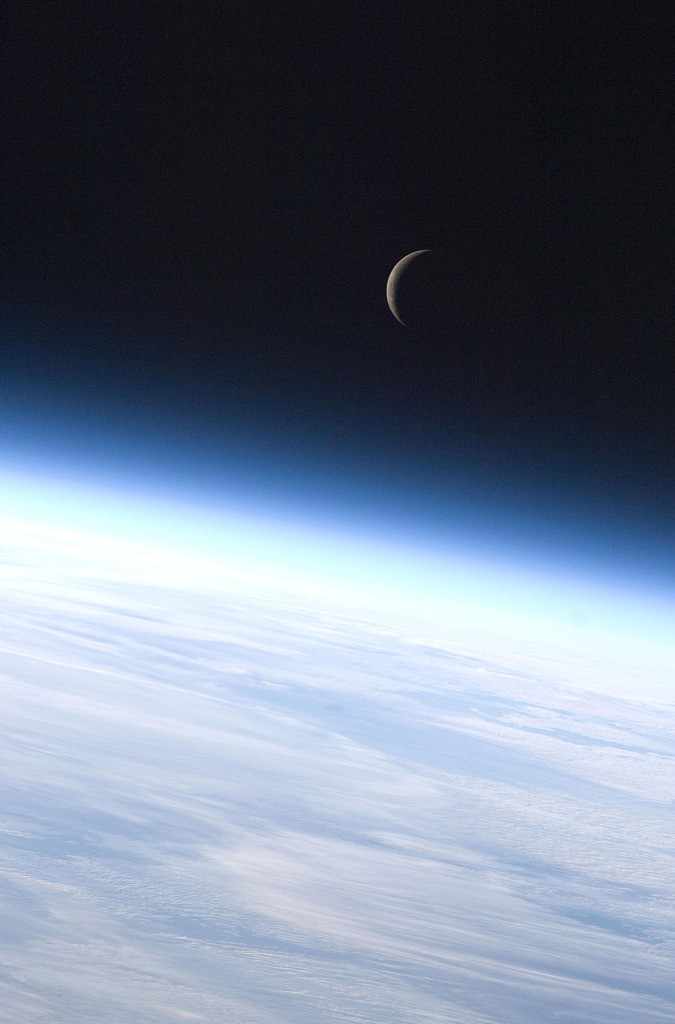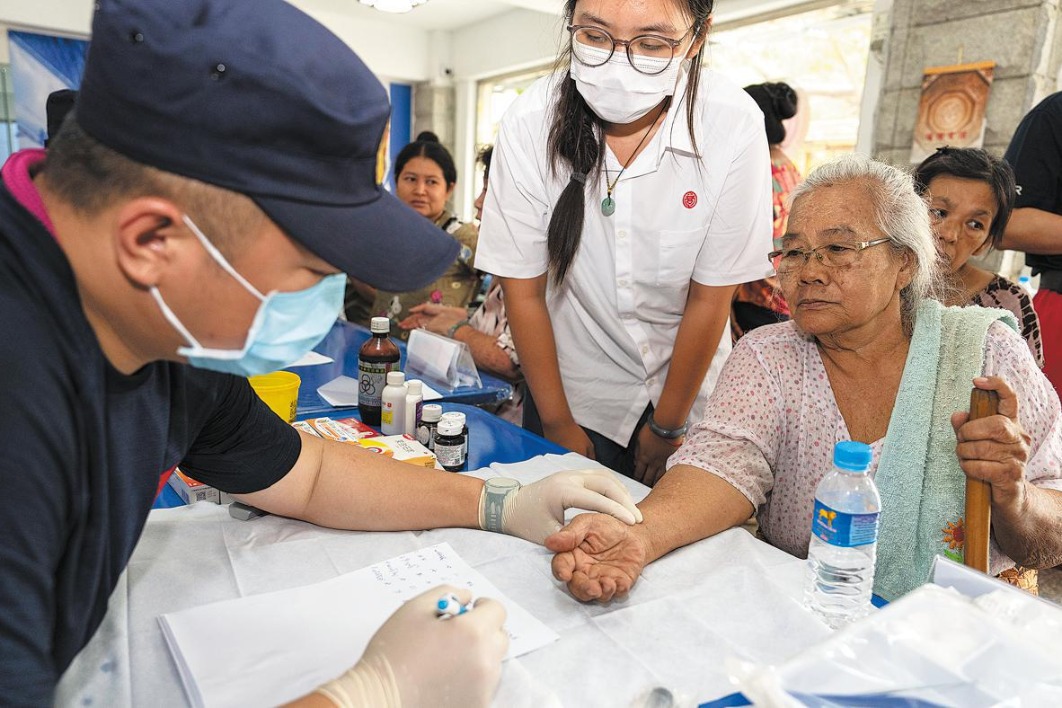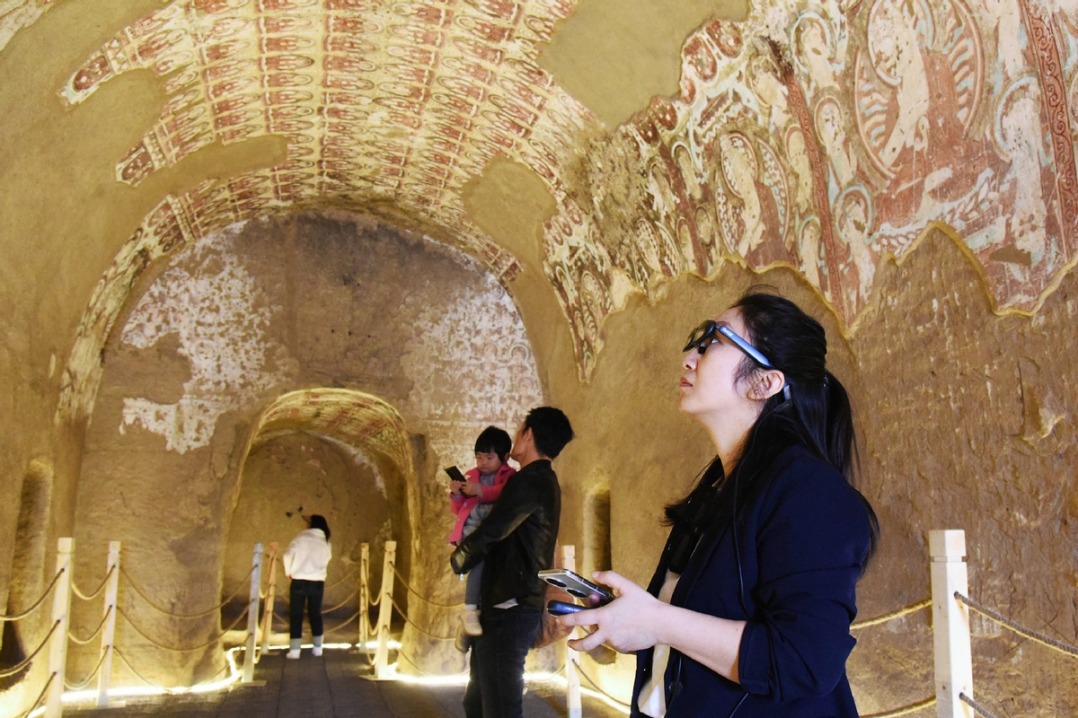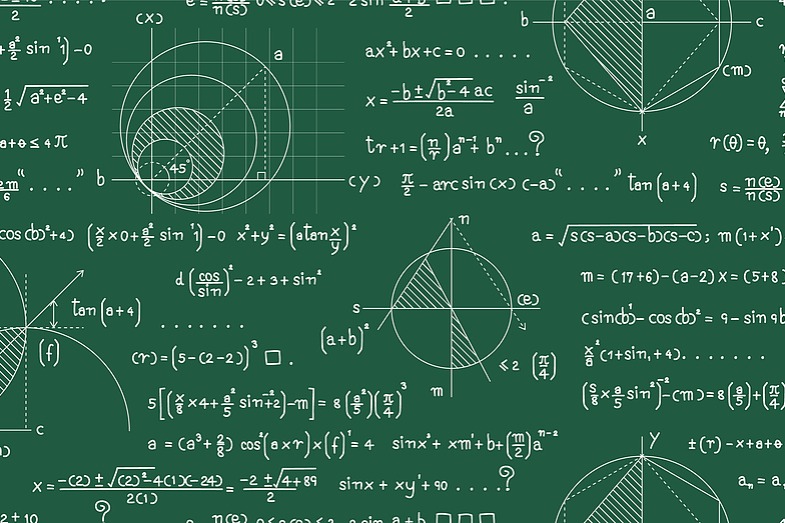Russian-US astronauts complete experiment
By REN QI in Moscow | China Daily | Updated: 2019-07-19 09:36

The six members of the SIRIUS Russian-US crew on Wednesday left the ground-based experimental compound of the Institute of Biomedical Problems at the Russian Academy of Science after completing their four-month isolation experiment.
The international project entailed a series of experiments by the crew's three men and three women to prepare for deep-space missions, primarily missions to the Lunar Orbital Platform-Gateway, previously named the Deep Space Gateway, Russian news service Sputnik reported.
The SIRIUS experiments included modeling the conditions of a long-term interplanetary flight and landing on the lunar surface in complete autonomy and the effects on both genders.
A commission approved the experiment's crew: four representatives from Russia (cosmonaut Yevgeny Tarelkin as the commander, Daria Zhidova as the flight engineer, Stefania Fedyai as the doctor and Anastasia Stepanova) and two representatives from the United States (Reinhold Povilaitis and Allen Mirkadyrov as test researchers), Tass News Agency reported.
The crew was greeted by the heads of the experiment, representatives of Russia's State Space Corporation Roscosmos, Energia Space Rocket Corporation, the Cosmonaut Training Center and NASA.
SIRIUS, or the Scientific International Research in Unique Terrestrial Station, was carried out by the Institute of Biomedical Problems and NASA Human Research Program and in cooperation with partners from Germany, France, Italy and other countries
According to Tass, the crew remained in isolation from March 19.
"The SIRIUS international crew accomplished the assigned mission in full," the crew commander Tarelkin reported to Oleg Orlov, the director of the Institute of Biomedical Problems.
"This experiment is to serve as a pillar in organizing long-term flights. The current experiment will help us prepare future missions to the moon in a planned manner and minimize risks," Roscosmos Deputy Head Sergei Savelyev said at the ceremony of welcoming the experiment's crew.
The first of the series of Russian-US SIRIUS experiments was held in November 2017 and lasted 17 days. The crew was tasked to conduct over 60 various experiments, 'capture' satellites by a manipulator arm and control a rover on the moon's surface.
This four-month isolation experiment will be followed by an eight-month trial and then twelve months of research.























